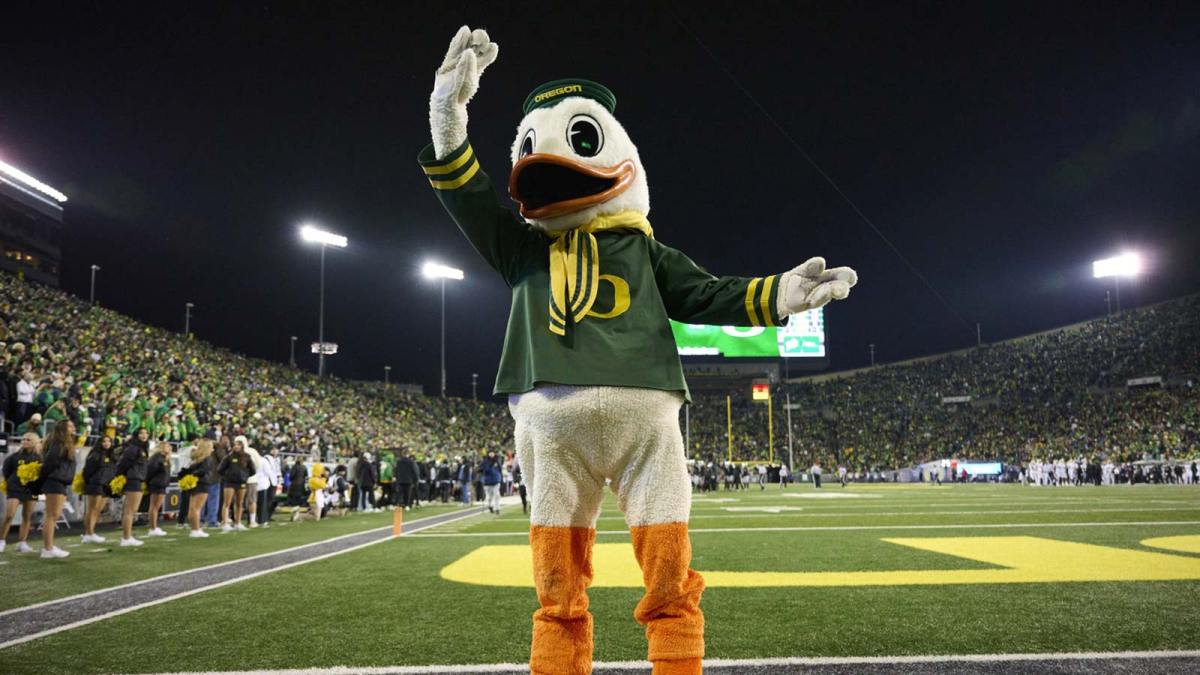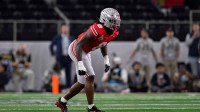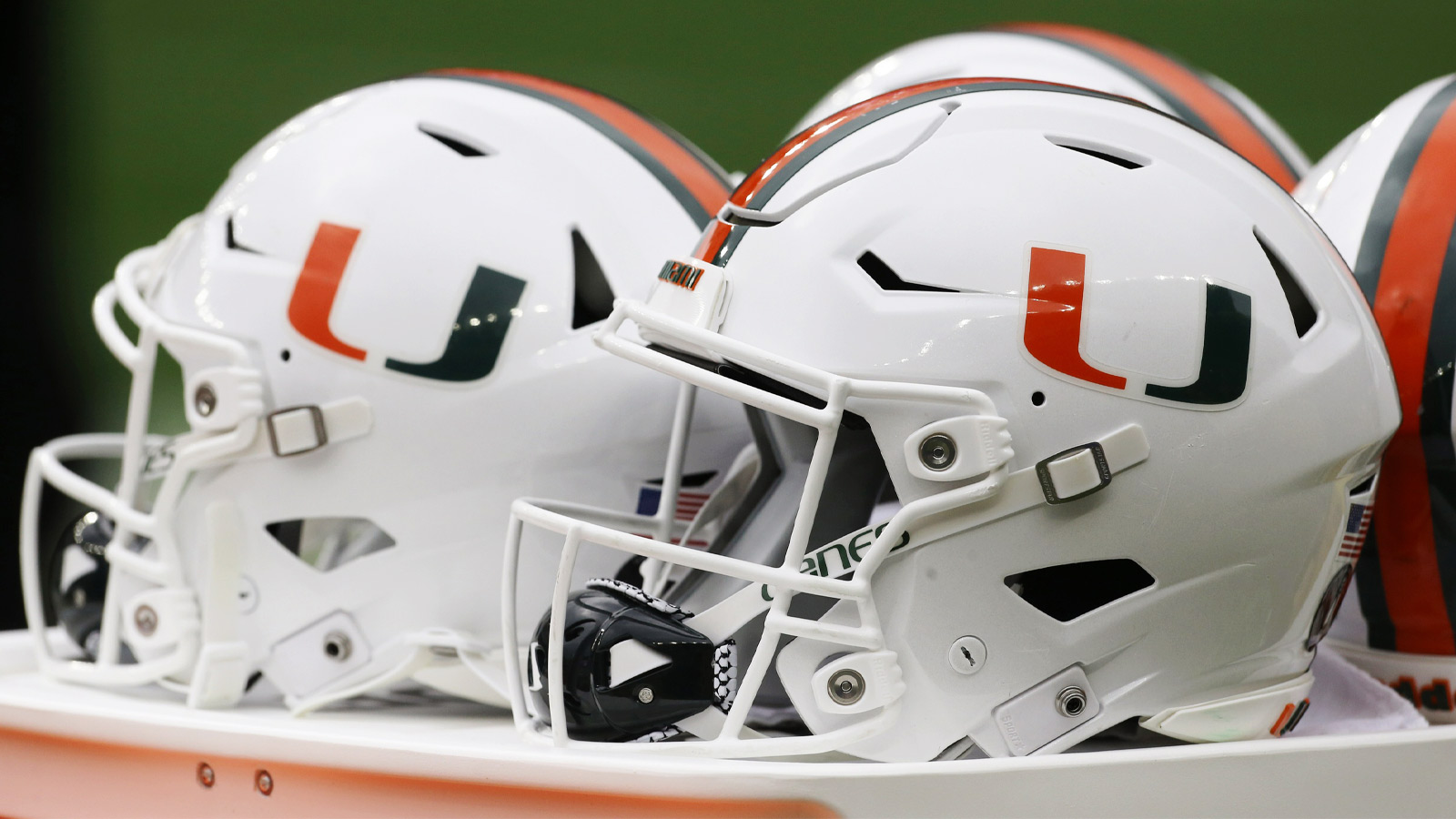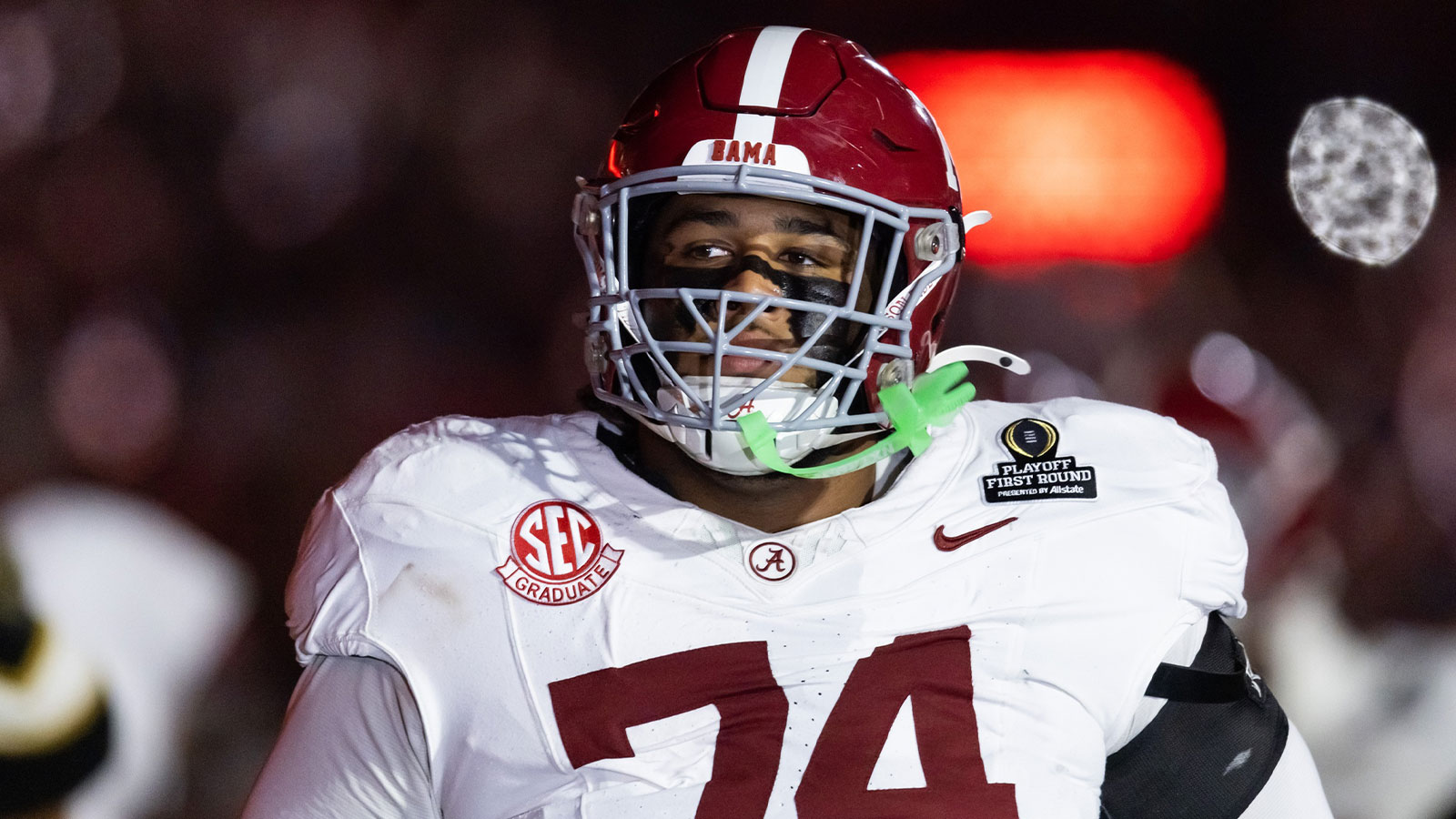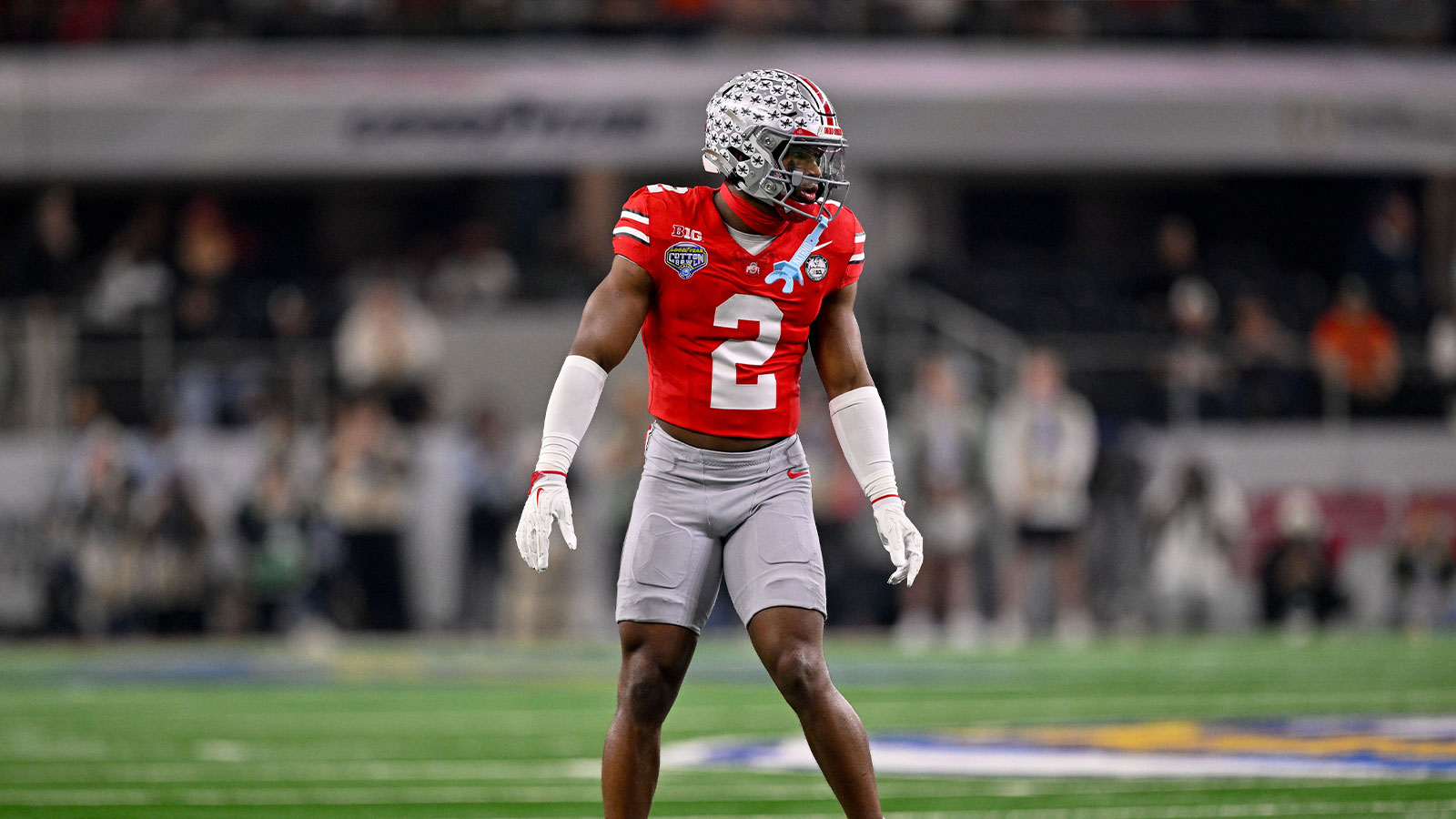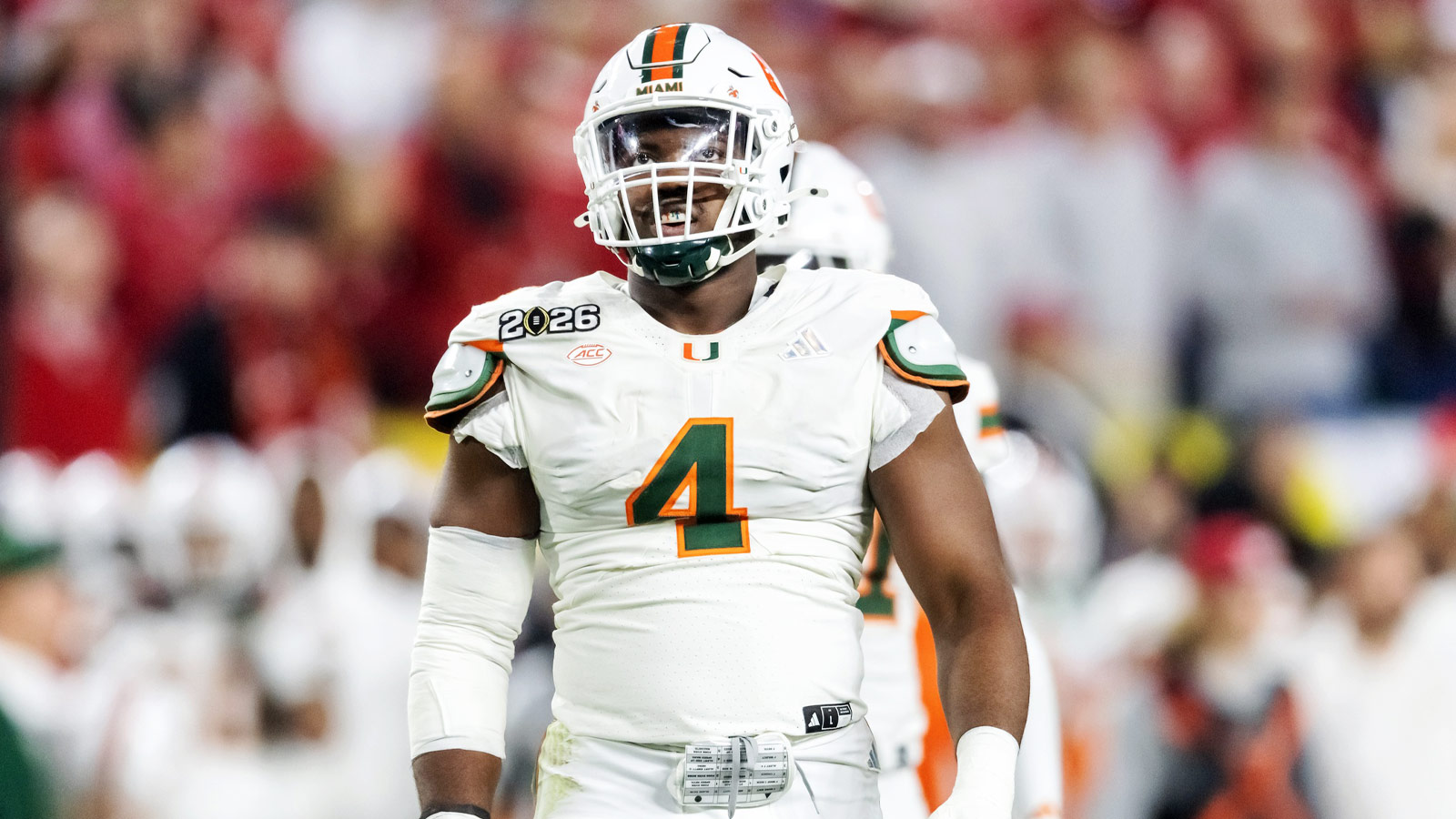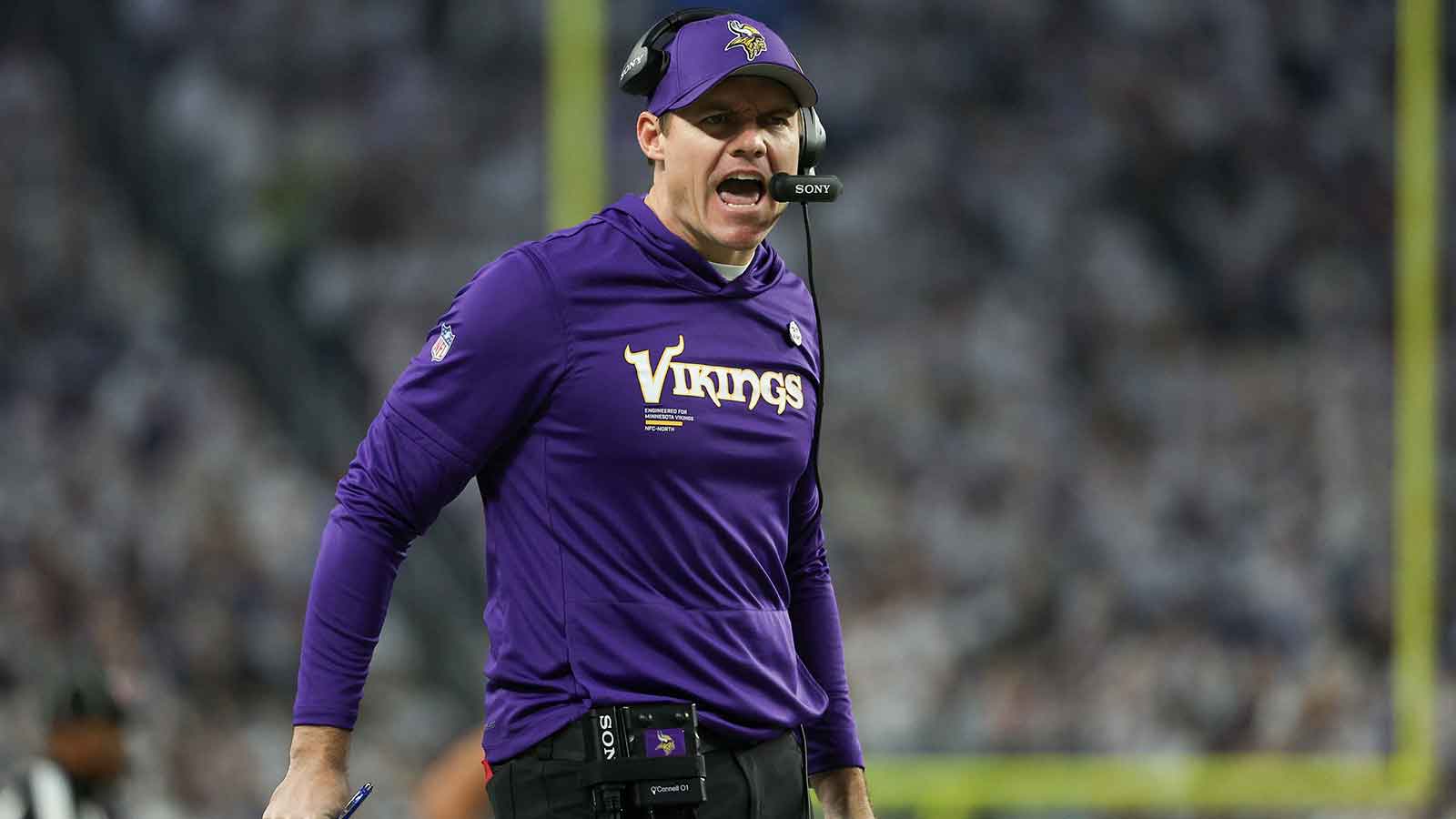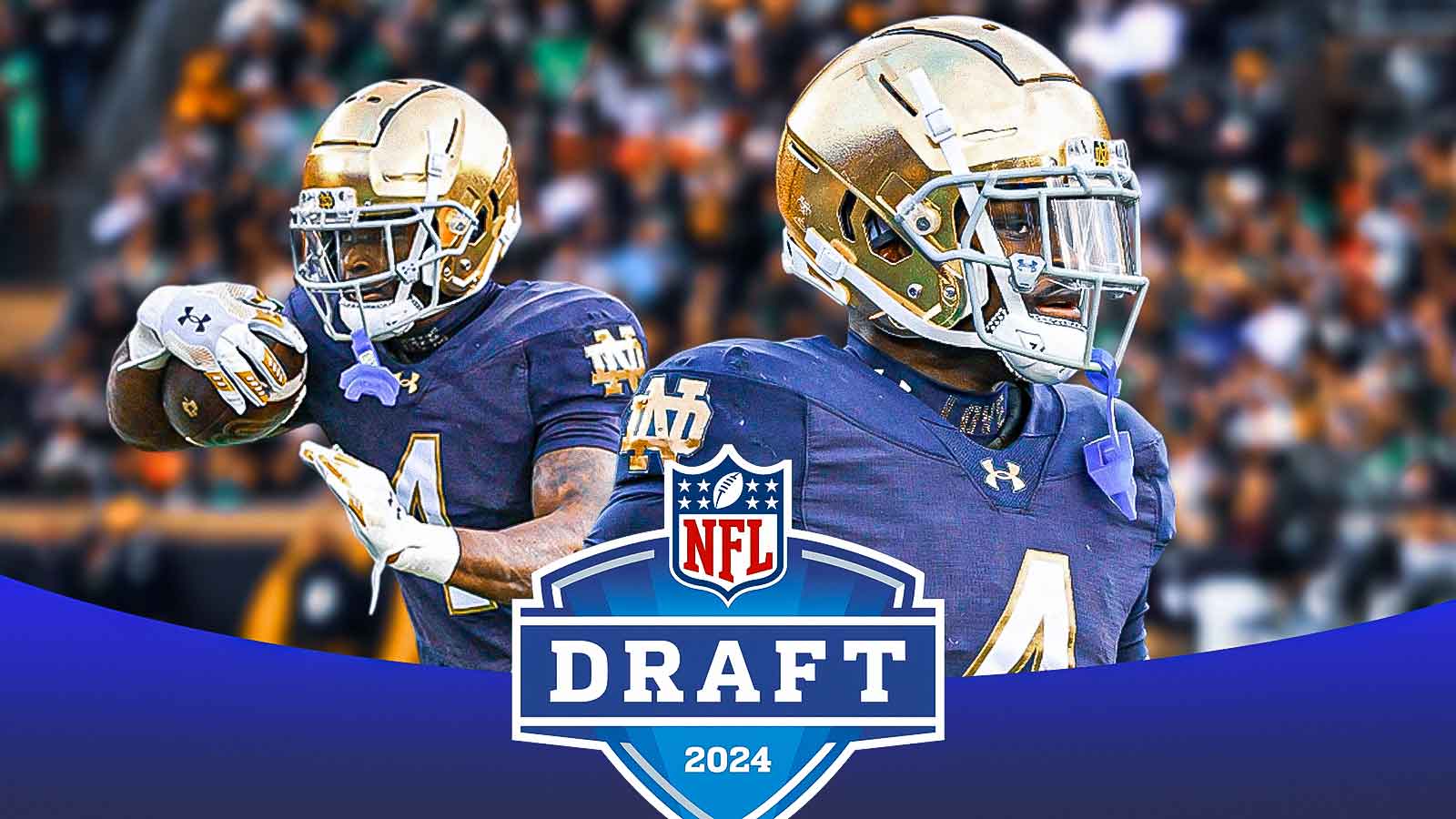The Oregon Ducks football team continues to thrive under Dan Lanning, and the reason goes far beyond talent or tactics. The fourth-year head coach has built a player-led culture rooted in self-awareness and accountability — principles that have powered the program back to national prominence. Lanning holds an impressive 45-7 record, the best winning percentage in school history, proving that his player-first approach delivers lasting results.
The former Georgia Bulldogs defensive coordinator has developed a unique “coaching hack” centered on player ownership. Instead of dictating every detail from the sideline, he challenges his athletes to recognize their own strengths, mistakes, and mindset shifts before coaches even intervene. Lanning says the goal is to build awareness and leadership both on the field and off it.
Host of The Threshold Lab Podcast, Zach Brannon, shared a clip to X (formerly known as Twitter) featuring Lanning on The Y-Option Podcast with Yogi Roth. During the conversation, the head coach explained why self-awareness has become a guiding principle in his coaching philosophy.
“Self-awareness is something I'm really big on. If you can identify a problem within yourself before a coach tells you…then you have a better chance of solving that problem.”
Dan Lanning shares why Oregon players write down what they did well and what they need to improve before the staff coaches them up.
“Self-awareness is something I'm really big on. If you can identify a problem within yourself before a coach tells you…then you have a better… pic.twitter.com/8kGNKGJl82
— Zach Brandon (@MVP_Mindset) November 25, 2025
In the same interview, the 39-year-old Lanning credited his players’ honesty and self-reflection as the reason his approach works so effectively.
“For whatever reason, our guys can be really honest when they write down all their thoughts post-game. They could tell you exactly where they're at mentally, what they did well, what they have to improve, and some guys still got opportunities for growth.”
The results speak for themselves. The Ducks enter their rivalry matchup vs. the Washington Huskies this weekend at 10-1, ranked No. 7 in the nation, and firmly in the hunt for another College Football Playoff berth. While Lanning’s system has produced dominant on-field success, it’s the culture of player-led accountability that truly defines his program — a coaching “hack” built to last in modern college football.

